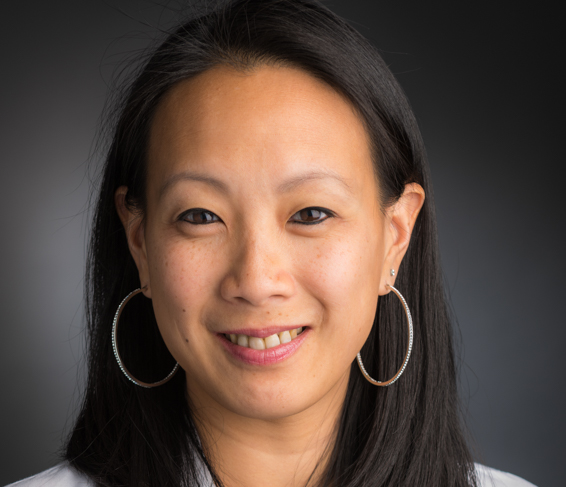- Studies have linked alcohol consumption to the development of certain cancers.
- The American Cancer Society recommends no more than two drinks a day for men and one drink a day for women.
Several studies have linked alcohol consumption to a higher risk of many cancers, including breast, mouth, throat, larynx, esophagus, liver, and colon and rectum. The risk rises with the amount of alcohol consumed. The type of beverage doesn’t matter – the culprit is the alcohol itself.
Breast cancer and alcohol
Many studies have specifically linked alcohol consumption to increased breast cancer risk. An analysis of data from 53 studies concluded that as the average number of alcoholic drinks consumed each day rose, so did the breast cancer risk. Women who had two to three drinks a day had a 20 percent higher risk of breast cancer compared to women who didn’t drink at all.
Recommended consumption
The American Cancer Society recommends no more than two drinks a day for men and one drink a day for women. The guideline is lower for women because of their smaller body size and because they metabolize alcohol more slowly than men.
Drinking during treatment
Whether it’s safe to drink alcoholic beverages during treatment with chemotherapy depends on a number of factors, including which drugs the patient is receiving. Alcohol can interfere with the way some chemotherapy drugs work, so patients should speak with their doctors about any potential side effects of drinking during treatment.
Kimmie Ng, MD, MPH, a medical oncologist in Dana-Farber’s Gastrointestinal Cancer Treatment Center, says she is often asked about drinking during treatment. Her recommendation is that an occasional drink is OK, but not more than one drink “on an occasional basis — not daily.” Ng says she is conservative because many of her patients have metastases in their liver and are being treated with chemotherapy agents that may affect the liver. She notes that individual physicians may differ in their guidelines.
As for drinking after treatment, there isn’t much known about whether the odds of a cancer recurrence are affected by alcohol use after treatment has ended. This is a topic best discussed between patient and physician.
About the Medical Reviewer

Dr. Kimmie Ng is Associate Chief of the Division of Gastrointestinal Oncology at Dana-Farber Cancer Institute, and an Associate Professor of Medicine at Harvard Medical School in Boston, MA. She serves as Co-Director of the Colon and Rectal Cancer Center and the Director of Translational Research in the division. She is also the Founding Director of the Young-Onset Colorectal Cancer Center at Dana-Farber, one of the first of its kind in the country. Her research focuses on identifying dietary, plasma, and molecular predictors of improved survival in patients with colorectal cancer, with a special interest in the vitamin D pathway, the microbiome, and young-onset colorectal cancer. Her research has been funded by the National Cancer Institute, Cancer Research UK, U.S. Department of Defense, and other foundation and industry grants. She has been featured in multiple national media outlets, including the TODAY Show, MSNBC, ABC News, The New York Times, CNN, The Washington Post, and the Wall Street Journal, to raise awareness of young-onset colorectal cancer and the importance of cancer screening.
Dr. Ng's clinical practice involves the care of patients with all types of gastrointestinal cancers. As Director of Translational Research, she oversees the Gastrointestinal Cancer Biobank and facilitates translational research projects with academic and industry collaborators. She is also involved in the design and conduct of clinical trials, and has served as Principal Investigator of several national multi-center randomized trials.
Dr. Ng obtained her Bachelor of Science degree with Distinction from Yale University and her Doctor of Medicine degree from University of Pennsylvania Perelman School of Medicine. She completed her residency in internal medicine at University of California, San Francisco (UCSF) and a medical oncology fellowship at Dana-Farber/Partners CancerCare. She subsequently received a Master of Public Health degree from Harvard T.H. Chan School of Public Health.
